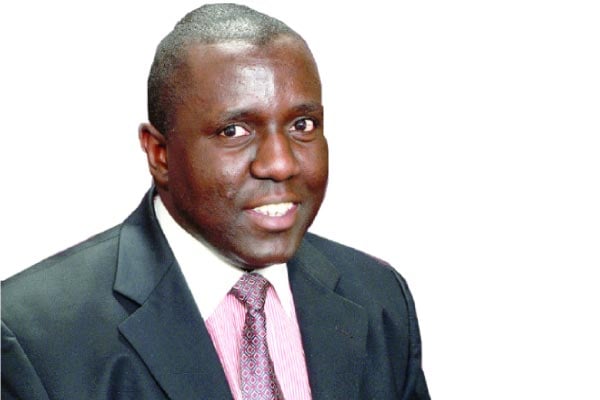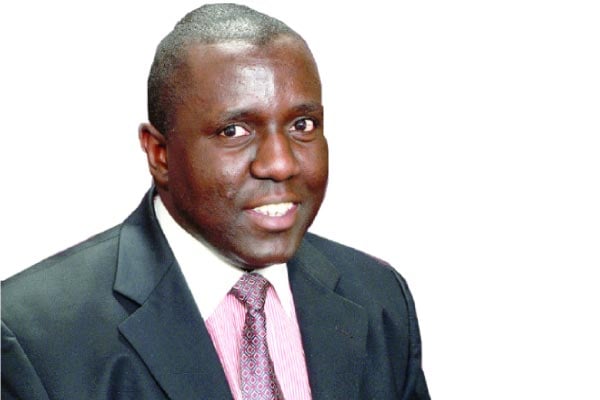Prime
As anxiety over size of public sector soars, Judicial reforms meet bump

Author: Mr Karoli Ssemogerere is an Attorney-at-Law and an Advocate.
What you need to know:
It is not inconceivable to then find out why the wear and tear among judicial officers is high.
Parliament quickly passed the Judicature (Amendment) Bill 2023 increasing the number of Justices of the Court of Appeal from 17 to 35 Justices, and rejecting a proposal to increase the size of the Supreme Court from 11 to 20 Justices.
Justice and Constitutional Affairs Minister Norbert Mao in his presentation to the Legal Affairs committee correctly stated that in the higher echelons of the Judiciary, infirmities from old age were affecting output. This was noteworthy.
In the last 12 months, two Supreme Court justices died in office, Opio Aweri and Stella Arach Amoko. Earlier on, another Court of Appeal Justice Kenneth Kakuru also passed away with a pending request to retire, which was not acted upon by the President at the time of his death.
It is also an irony, that another Justice of the Supreme Court, Esther Kisaakye caught up in a clash of the minds at the same court, but also facing medical challenges has applied to retire, but her request to retire has been sidelined for now by the President citing ongoing attempts to sit a tribunal to remove her from office. A finding of guilt and removal from office would deny her all accrued benefits under the Constitution and her terms of service under the provisions of the Administration of Justice Act, 2020.
The wisdom of Parliament, even where unfair, is difficult to question. Members of Parliament asked why the law is not amended to institute procedural safeguards to protect the apex courts from mountains of appeals.
In 2020, the Court of Appeal set about hearing about 7,000 appeals, an impossible backlog to dispose of. As of 2023, the highest court had only disposed of a very small number of the more than 900 appeals before it. Members of Parliament cited the need to remove the right of automatic appeal to the Supreme Court. While innocently thought out, many litigants only find ultimate justice in the Supreme Court. Even the business-like mindedness of the Court of Appeal is often insufficient to consider the full depth of the case. The use of written submissions often clouds the true spectacle of the case. In any event, the Court of Appeal is charged with another constitutional responsibility, it is the trial Constitutional Court whose matters must be given priority over all other business.
It is not inconceivable to then find out why the wear and tear among judicial officers is high. In the High Court, they commute long distances every week to upcountry stations, which rarely can accommodate their families.
A few judges have been involved in accidents while their drivers (underpaid, underappreciated) are driving them at breakneck speeds on our porous highways. Then the Court of Appeal works on the body, while they are under pressure to deliver simultaneous judgements in civil and criminal appeals. By the time they arrive at the Supreme Court, both Arach Amoko and Opio Aweri were career judicial officers, Amoko began in the Civil Service and Opio Aweri began as a Grade One Magistrate, the damage is done.
Is it impossible to rethink the judicial monastery, to appoint judges to one or two 10 -year fixed terms. India, the largest judiciary in the Commonwealth, has fixed terms at the Supreme Court.
It is also useful to consider separating the Constitutional Court from the traditional Judiciary to hear constitutional matters. This court would also be equipped to hear election petitions and the ultimate petition, the presidential petitions, where the judiciary has still failed to convince the skeptics it can do this job properly. When business dictates, the court would operate at full strength, but also have a part-time component, retired Justices could sit to hear interlocutory applications etc.
This will ensure fresh blood to interact with the more senior jurists to dispense justice.
Today is December 14, 2023, and in a sign of the tough fiscal times, the government hasn’t yet made payroll. This is also a lingering problem. Higher pay was supposed to improve efficiency. But if the pay is late, this too, should not surprise anyone that judicial officers are constantly finding themselves in the long arm of the law.
The recent case of a Chief Magistrate and Prosecutor all in the dock at the same time for soliciting bribes is a tip of the iceberg. In Uganda, we have mobile money, the Treasury pressed for cash is operating on the opposite system, fixed money.
Mr Ssemogerere is an Attorney-At-Law and an Advocate.
[email protected]



